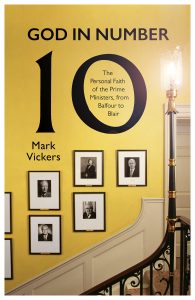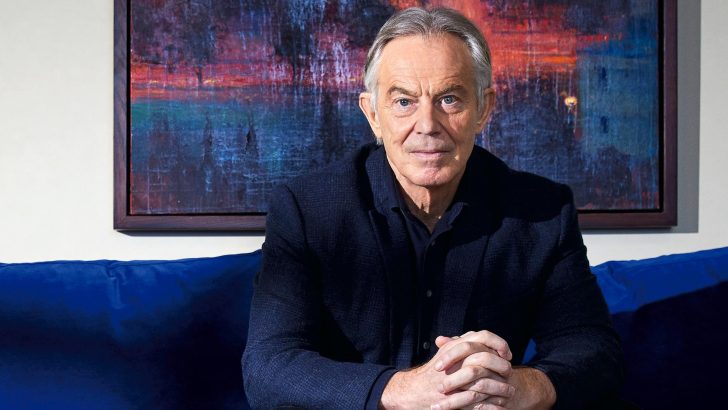God in No 10: The personal faith of the Prime Ministers, from Balfour to Blair by Mark Vickers SPCK, €28.99/£25.00
This is a remarkable book, one which goes where historians have in the past been reluctant to go. It is, even more remarkably, written by a working parish priest in London.
As the religious beliefs of the prime ministers in the 20th century was a topic regular historians felt best avoided, he has broken new ground in some way, having to go behind the standard biographies (of which there are many) and recull the archives, manuscript sources, and a wide variety of “minor sources”, to find the material he has used. Anyone interested in British history from the aftermath of the Boer War to the Iraq invasion, will want to read this book.
It is packed with information and insights on some nineteen figures which are most enlightening. The pervasive influence of Renan on these people is interesting, for the French scholar had long passed out of fashion among controversialists.
The period covered by this book is often seen, especially since 1945, as one in which there has been a continuous decline in religious belief and church attendance. However, it is striking that there was no decline in No. 10. Even those few prime ministers who had not faith themselves had an official duty to see to the appointment of Anglican bishops, often a matter of disagreement if not outright public dispute. Once in office as First Lord of the Treasury, they could not escape religious duties.

Some of these people are, for the Irish reader, of greater interest than others. The last of his prime ministers is Tony Blair. Vickers carefully charts the religious career of Mr Blair, a career that many even in the Labour Party were not familiar with. While he was in office Blair, following his wife’s lead, was a sort of Catholic.
Yet he was careful not to convert formally until he had left office. Politically and practically it would not have worked while he was still PM. However many Catholics were disgusted at the lies and subterfuges surrounding the Iraq invasion and the alleged “weapons of mass destruction”. Blair’s behaviour at the time seemed to many quite unworthy of a supposed Catholic, especially one who admired Hans Küng, as he said he did.
However, his interest in religion helped him greatly in Northern Ireland, as did his family connections with Northern Protestants; he spent many early holidays in Donegal. He could discuss religion with Ian Paisley in a way other British ministers could not.
Retirement
This is striking. On my one meeting I had in his retirement with Lord Bannside at an event in Trinity College Dublin, he was more than happy to discuss with me his book collecting hobby: he focused on Protestant theologians of the 16th and 17 century – not a field I was familiar with. He also talked to me of his regular visit to West Africa. I confess that I, like Tony Blair, found him an interesting character. And from this personal contact he was able to construct a peace deal.
Mark Vickers explores ultimately not personal belief alone, but also possible insight into the nature of God and the process of divinity. But it also raises, for Irish readers, the thought of what would such a book about our heads of government be like: what were the religious thoughts of Michael Collins, de Valera, J. A. Costello, and the others. I suspect that whatever may be thought by so many, they too may not have been quite as “orthodox” as we have come to think. What, for instance, in his heart of hearts did Mr Haughey believe? Clouds of unknowing surround them all.
This is a book so full of new perception that it has to be read not just by political buffs, as the Americans would say, but by anyone concerned with the role of religion in public life.


 Peter Costello
Peter Costello Tony Blair in reflective mood.
Tony Blair in reflective mood. 